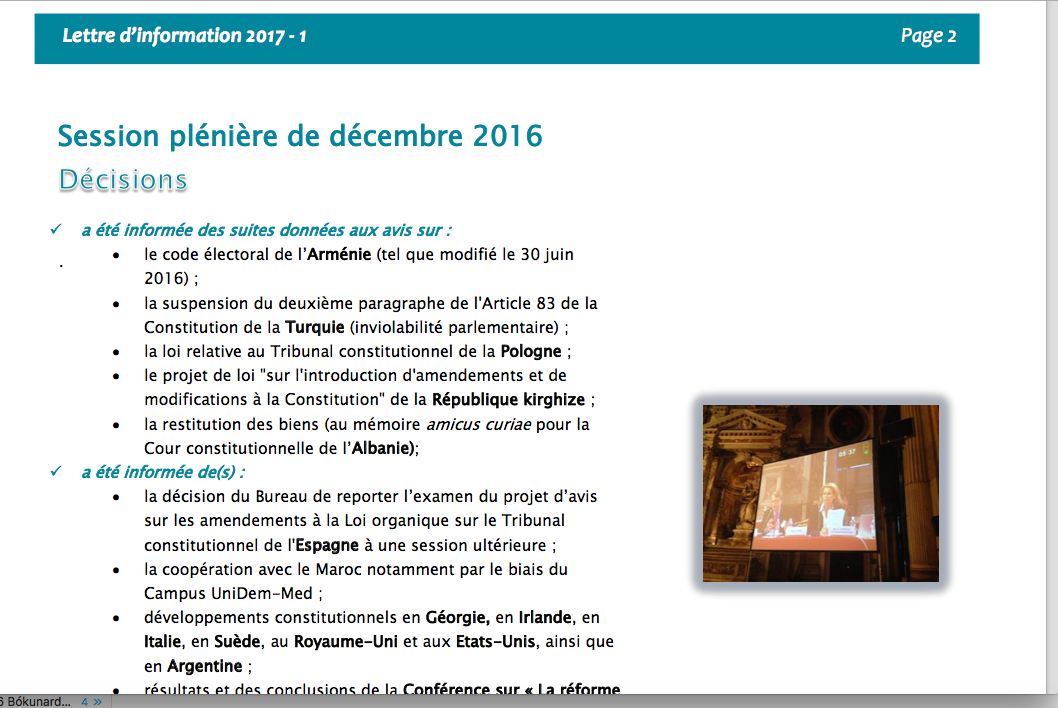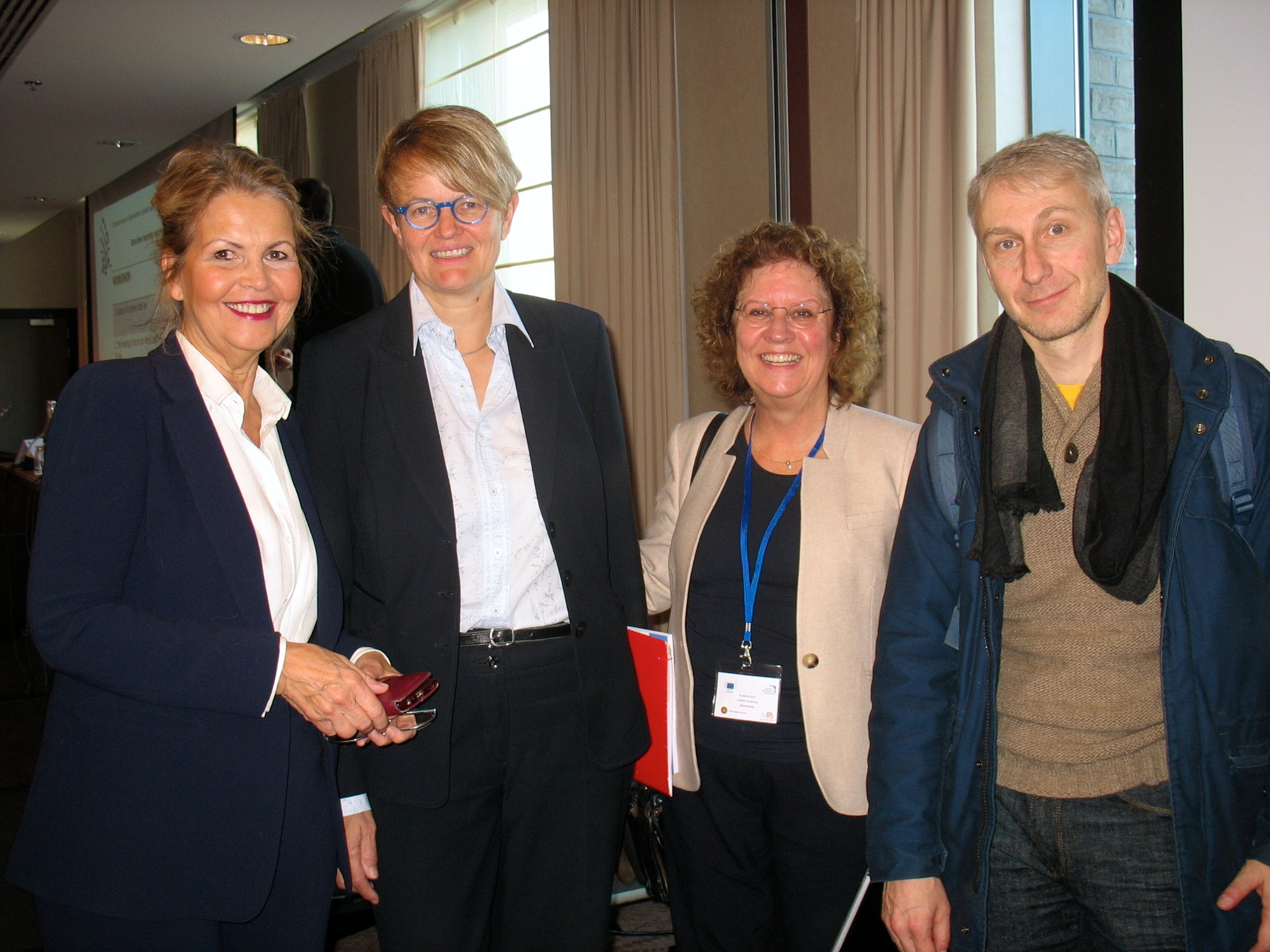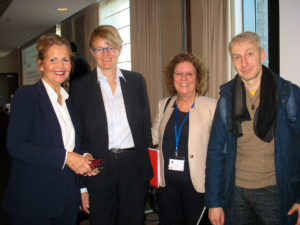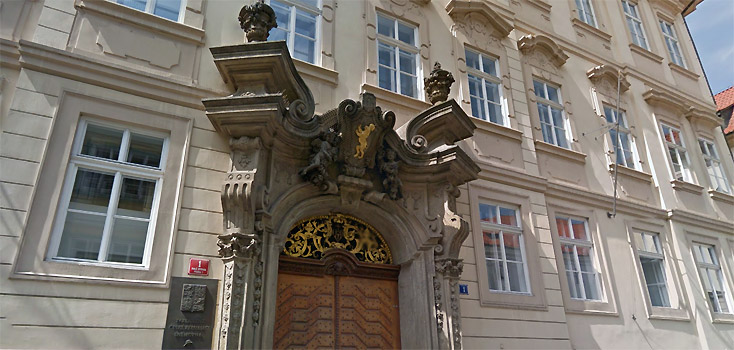
Einræði fest í sessi í Tyrklandi
 Viðtal í kvöldfréttum RÚV í kjölfar þjóðaratkvæðagreiðslu um stjórnarskrárbreytingarnar í Tyrklandi.
Viðtal í kvöldfréttum RÚV í kjölfar þjóðaratkvæðagreiðslu um stjórnarskrárbreytingarnar í Tyrklandi.
http://www.ruv.is/frett/urkynjad-ferli-i-tyrklandi
Tyrkir samþykktu stjórnarskrárbreytingarnar með 51,4 prósentum atkvæða. Þær færa Erdogan, forseta landsins mjög aukin völd, um leið og embætti forsætisráðherra verður lagt niður.
„Þarna er verið að stuðla í raun og veru að persónubundnu stjórnarfari, einræði og það er úrkynjað ferli því að það er ekki tryggt með þessu forsetaræði, það er ekki sterkt dómsvald og það er í raun og veru ekki lengur þrígreining ríkisvaldsins vegna þess að forsetinn núna, hann hefur verið forseti frá því 2014, að hann er kominn með vald til þess að setja neyðarlög í landinu hvenær sem honum sýnist, án takmarkana og tilskipanir og forsetaúrskurði sem hafa jafnvel meira vægi en lög í framkvæmd,“
segir dr. Herdís Þorgeirsdóttir.
Kosningaeftirlitsmenn á vegum Öryggis- og samvinnustofnunar Evrópu og Evrópuráðsins sögðu í dag að lýðræðishalli hefði verið á framkvæmd kosninganna, þrátt fyrir að tæknileg framkvæmd þeirra hafi verið í lagi. Andstæðingar stjórnarskrárbreytinganna hefðu ekki setið við sama borð og stuðningsmenn Erdogans í kosningabaráttinni, og til að mynda fengið mun minni tíma til að kynna sjónarmið sín í fjölmiðlum. Óháð könnun sýnir að stuðningsmenn Erdogans fengu 10 sinnum meiri tíma á 17 sjónvarpsstöðvum til að kynna sjónarmið sín í kosningabaráttunni en andstæðingar hans.
Herdís segir að úrslitin séu mikil ógn við mannréttindi í landinu.
„Það er búið að festa einræði í sessi og það hefur stefnt í þetta lengi í Tyrklandi, þetta er grafalvarlegur hlutur sem er að eiga sér stað þarna, mjög alvarlegt.“
Erdogan ávarpaði stuðningsmenn sína í dag og minnti þá á forsetakosningarnar sem fram fara eftir tvö ár, en hluti stjórnarskrárbreytinganna sem kosið var um í gær, gera það að verkum að Erdogan getur nú setið á forsetastóli til 2029. Hann ítrekaði fyrir stuðningsmönnum sínum að hann vildi innleiða dauðarefsingu að nýju í Tyrklandi, en hún var afnumin þar með lögum árið 2002, og var talið að það myndi auka verulega möguleika þjóðarinnar á að fá aðild að Evrópusambandinu.
Sigmar Gabriel, utanríkisráðherra Þýskalands segir ljóst að innleiði Tyrkir dauðarefsingu að nýju sé úti um vonir þeirra um að verða meðlimir í Evrópusambandinu.













